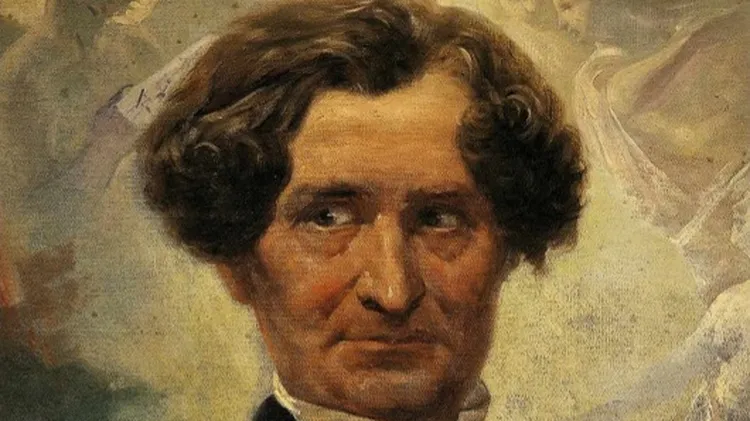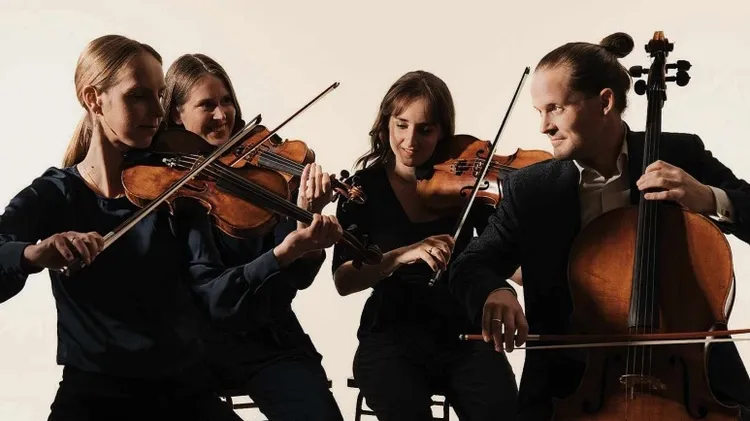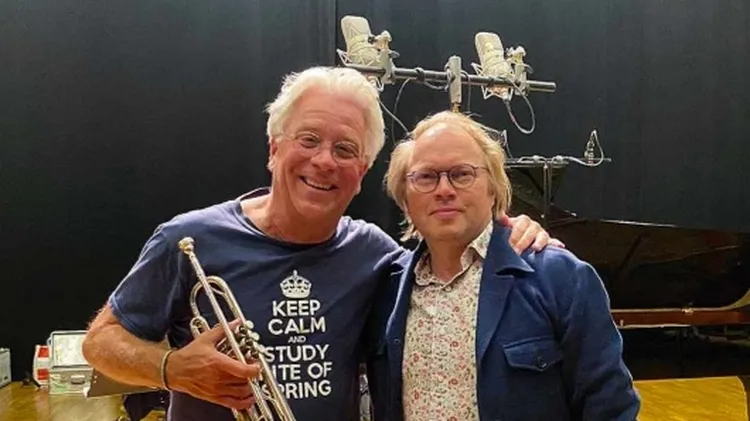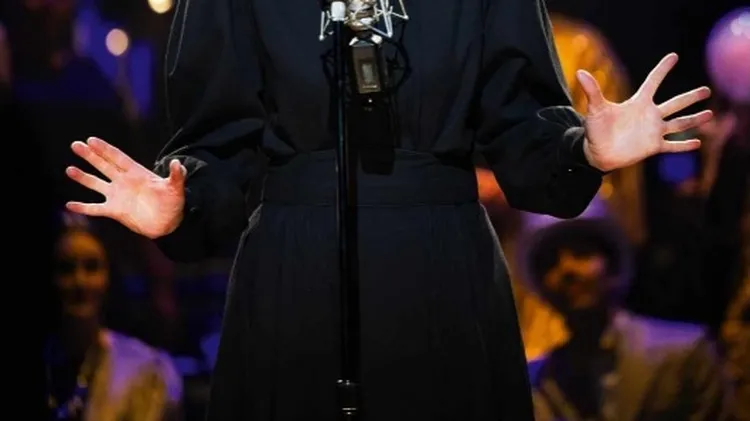Our critics cast their eyes over the latest selection of books on all things music
Books
3 min read
This article is from...
Read this article and 8000+ more magazines and newspapers on Readly






